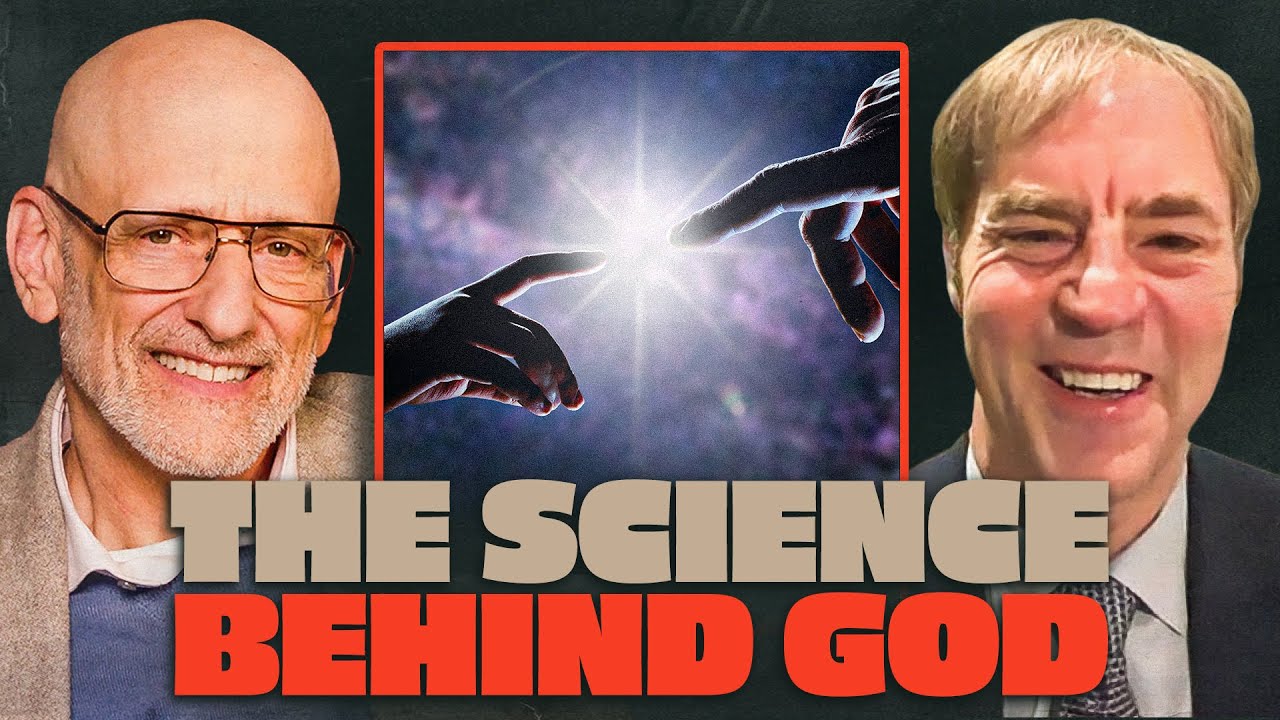


Scientifically Proving God’s Existence with Stephen C. Meyer
Stephen C. Meyer, Director of Discovery Institute’s Center for Science and Culture, joins Andrew Klavan once again to discuss the scientific proof of intelligent design, or the existence of God.

College Campus Protests Are a Byproduct of K-12 Education

Now Registering: High School Chemistry with an ID Twist

Again with the ‘Plants Are Intelligent’ Nonsense

Why The Heart of the Matter is Information

Documentary Hopes to Inspire Nation to Address Homelessness Crisis

Helping the Manhattan Poor: A History

Can This Man PROVE That God Exists? Piers Morgan vs Stephen Meyer
In a lively yet in-depth discussion, Piers Morgan drills down to the core of human existence with Stephen C. Meyer, the prominent ‘intelligent design’ advocate. In this Piers Morgan Uncensored special, Meyer firmly rejects the idea that a scientific worldview leads to atheism, arguing instead that ‘the universe requires a creator or cause’. When Richard Dawkin’s name is mentioned, Meyer Read More ›
